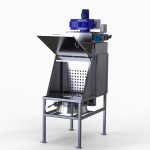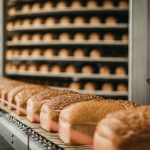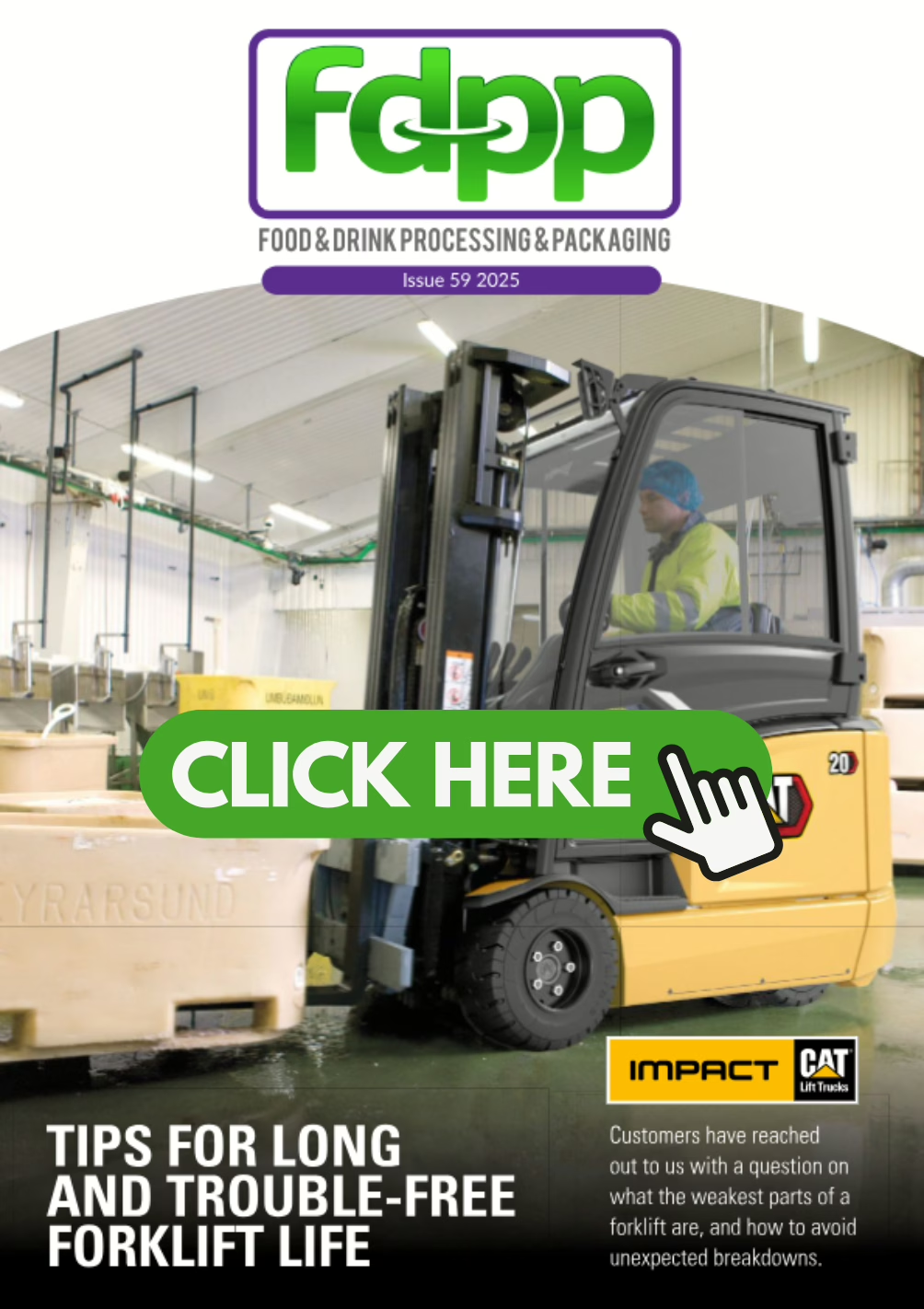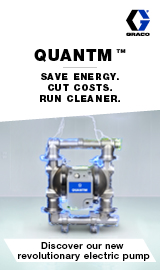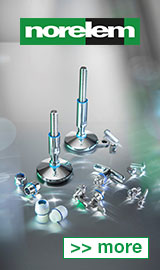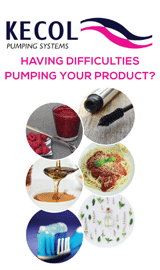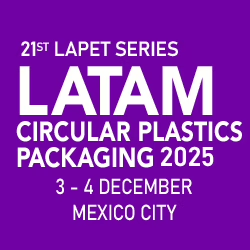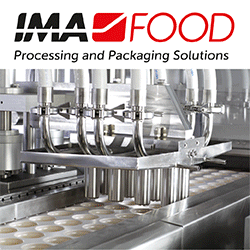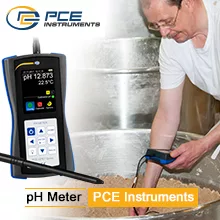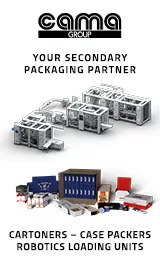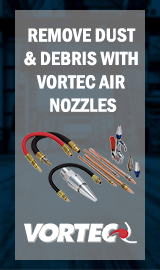Ingredients for bakery success
~ Gough Engineering’s Batch Sieve improves product quality and safety ~
Bakeries face the challenge of quality control right from the moment raw materials arrive on their production lines — especially fine particles. Here, Stephen Harding, managing director at Gough Engineering, the materials handling expert, explains why industrial sieves and separators are indispensable for ensuring final products meet high standards of quality, consistency and safety.
Bakeries must do all they can to eliminate very fine airborne particles on the production line. Indeed, flour dust is a hazardous substance according to the UK’s Health and Safety Executive (HSE), which also reports that rising new cases of occupational asthma among bakers is “now the highest of any occupation in any industry.”
These businesses must also be prepared for assessments from official bodies, or their own clientele, through various audits and operations/performance compliance. Adhering to high standards in ingredient handling is therefore imperative.
That means ensuring there are no unwanted elements like foreign objects, otherwise known as tramp materials, in the incoming product. Equally crucial is achieving the correct texture for ingredients. Consistency is key when it comes to creating a uniform feedstock for subsequent processes, whether it’s dough production or other baking essentials.
Fine particles
Beyond quality checks, bakeries also need to focus on the granular structure of the powder. Fine particles present a significant challenge in manufacturing processes. These minuscule particles, often unwanted, can disrupt precise measurements and alter dough consistency, which leads to inconsistencies in the final product.
That is why industrial sieves and separators are so essential. Sieves and separators employ mesh screens or other separation methods to sift out unwanted particles from the mixture. This process ensures that only the desired ingredients make their way into the dough and contributes to uniformity in the dough’s composition.
By removing fine particles, industrial sieves and separators prevent uneven distribution, which can lead to variations in product quality. This is especially important for products like bread and pastries, where consistency is a key factor.
By preventing the entry of unwanted particles or contaminates, sieves and separators reduce the likelihood of poor final product quality after baking. In doing so, these systems contribute significantly to the overall operational efficiency and reliability of the production process.
In addition, extraction can help the process of sieving/separating. This can be tackled by coupling the sieve hood and collection bin holding area directly to an existing extraction system; or to have an integrated extraction solution with filters alongside the sieve in one mobile unit. Gough Engineering can assist with both options.
High-quality baking
Let’s look at the example of a food company in Wales that wanted to improve how it sieved ingredients. To make the process safer, easier to use and more effective, Gough Engineering designed a bespoke sieve with a one mm aperture stainless steel frame that met all the strict food industry rules for the specific bakery environment. This included special US Food and Drug Administration (FDA)-compliant bonding materials that meet regulatory standards for safe use and prevent contamination risks.
Gough Engineering’s design team also added a protective cover/hood and a special frame to hold a collection bin underneath. They made sure it fitted in with the bakery’s existing system by adding special discharge spouts to take away waste. While some bakeries lean towards automation, others rely on manual processes, so the equipment must be designed accordingly.
For the food company in Wales, Gough designed a unique system using easy-to-use quick-release clamps, to quickly disassemble the machine and clean the integral parts as well as the mesh. The sieve specialist made sure the collection bin underneath was the correct height, and included a correct Gauss rated magnet to remove any metal particles. This made their sieving process super safe, assisting in efficient cleaning regimes and producing high-quality products.
User-friendly and safe
Worker safety must also be considered. Measures must be taken to prevent the release of fine powders into the air where product can accumulate on all surfaces over time, pose a safety hazard on slip-risk floor surfaces or create contamination with potential respiratory hazards.
Considering the ergonomics and user-friendliness of equipment for bakery staff is therefore paramount — that’s why Gough Engineering crafts its equipment with safety and security as top priorities. Features like bag rest shelves and supporting grid bars are incorporated to assist operations in a safe working environment.
Gough Engineering’s design engineers worked closely with the company and came up with a solution that included steps with a good grip for easy bag-opening into the sieve. Handrails on both sides of the steps were also specified for extra safety. Finally, a special tipping hood opens and closes easily, to reduce air-borne particles using special gas-powered struts.
Busy market
Sorting tiny particles is a big deal for bakeries. That’s why compact vibratory systems, like Gough Engineering’s Batch Sieve, are crucial for improving both product quality and safety by breaking down lumps and filtering out oversize particles, contaminants and debris.
Industrial sieves and separators are indispensable tools in bakeries for ensuring final products meet high standards of quality, consistency and safety. These systems must be designed based on a deep understanding of what bakeries need, help them work efficiently, meet top-quality standards and stay ahead in a busy market.
To learn more about Gough Engineering’ food sieving solutions for bakeries, visit its website.

